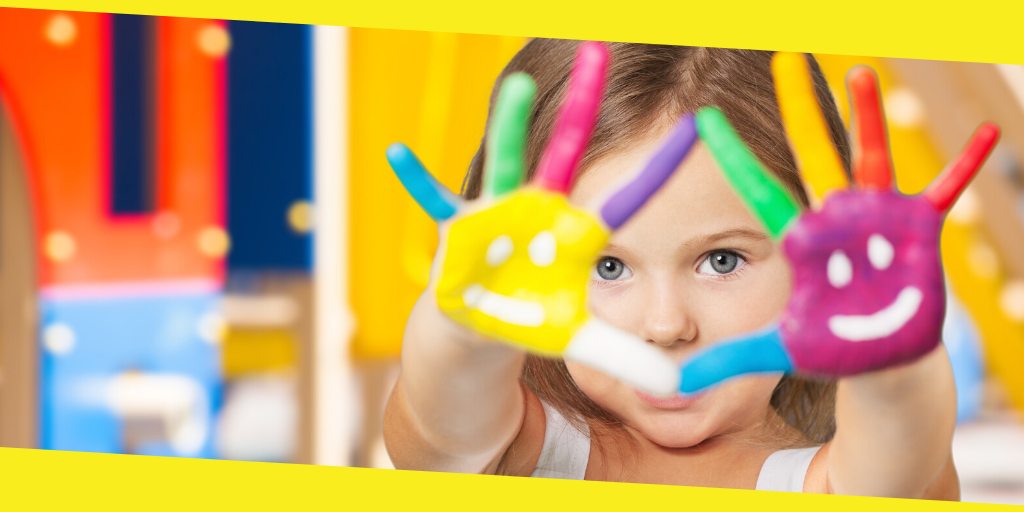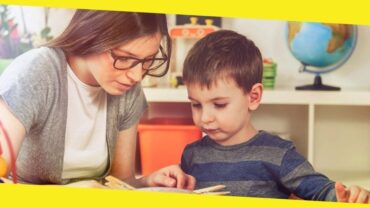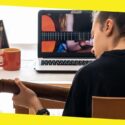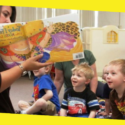Therapy for Children Appropriate Intervention for Every Disability
This post was last updated on September 20th, 2022

Children with disabilities need special attention and care. Their needs are different from normal children, and parents and caregivers should have a different approach to nurturing them. Therapy for your special child should be something that will nourish their potential, and help them better understand and navigate the world around them.
For parents, the realm of occupational therapy for children with a disability seems to be vast and confusing; however, the good news is that there are limitless resources and techniques that will help them in educating and guiding their child. Parents should remain optimistic because they can choose from various resources and therapies to assist them in helping their child have high-quality learning experiences.
The following are some interventions appropriate for children with any disability:
1. Animal Therapy
Having a pet at home can teach a lot to children with disabilities. For starters, a pet gives unconditional love and attention to its owner. People can forge an instant bond with furry pets, such as dogs and cats, and so do children with disabilities. Considering animal therapy for children with disabilities is a great way of helping them become socialized.
If your child is reluctant to meet other people or interact with their peers, having a pet is a great first step in helping them develop a caring bond. Animals can teach children special lessons, such as life skills and memory skills. A pet needs to be cared for, fed and groomed, and you can ask your children with disabilities to perform these tasks. Caring for a pet will help them become mature and take the first steps towards being more social and empathetic.
2. Music Therapy
Music is a form of art that touches the human soul in an immediate way, and that includes children with disabilities. Your child will learn a lot from music, and they will develop many skills, which include cognitive and motor skills. Music is also a creative way of helping a child with a disability express their emotions and frustrations.
They can beat drums or strum on guitars to express their particular emotion at that moment. As they express their feelings, they also hone their skills. Some of the important skills that can be acquired in music therapy include learning how to follow a rhythm, turn-taking, singing, and pattern recognition.
The sociable environment in the music class also helps your child be more social and be more inclined to converse. Musical instruments also help your child with their motor skills as they become used to manipulating different kinds of instruments.
3. Art Therapy
There have been many pieces of research done on art therapy, and most of them proved successful. Art therapy is not just a way for your child to express and explore their creativity. This form of therapy is also a great way to delve into your child’s emotions and the inner workings of their minds.
Art therapy has a rich history and an elaborate system which guides therapists on how to administer and interpret drawings and paintings done by children with disabilities. Art therapy will help you understand your child better so you will know how to adjust your caregiving and what interventions should be done in their particular case.
Art therapy also provides children with a rich opportunity to hone talents and skills that can be beneficial. Like music therapy, art therapy also helps children with their motor skills, socialization, and the ability to follow a method and a system.
Art Therapy is slowly emerging as a dominant part of an educational curriculum for special needs students. Art gives them an ability to demonstrate themselves in a caring, comforting, and non-pressure kind of a way. This is why the best special needs schools are integrating using art therapy in productive ways.
4. Adventure programs
Adventure programs help children with disabilities develop confidence. Even if it is just something as simple as crossing a hanging bridge with a 20 feet drop, a fearful child will consider it a feat and an achievement.
Adventure programs are great for children in building emotional strength and confronting difficult situations. It also teaches children that difficult situations need to be overcome. Furthermore, it helps them to have faith and trust in others who will guide them in overcoming difficult challenges. Adventure programs also help children with their communication skills, since they need to follow special instructions and guidelines to fulfill the task of overcoming an obstacle.
5. Dance Therapy
Dance is an art that involves the entire body. The senses are satisfied by dance, which includes movement, balance, and audition through music. Dance doesn’t feel like work, and it’s more like play. It is not a demanding physical activity at all because you move with music that is enjoyable and rhythmic.
Dance therapy will help children with a disability learn many skills such as being coordinated, refining motor skills, and being socialized. Dance is a therapy that is usually conducted in groups, and your child will likely interact with peers as well as teachers that will help them develop empathy and conversational skills.
Final Thoughts
A child with a disability has the same potential as anyone to lead a normal life. At this early stage, their potential should be nourished. They can grow into mature adults that are independent and have good coping skills. A child that is given attention and proper care will grow into someone that can give back and be an asset to a community.
Recommended For You
How to Make Sure Your Child Gets the Best Education Possible
Most Inside
Most Inside offers high-quality recommendations and valuable updates to enhance all aspects of your life, providing premium guidance and enriching experiences.




